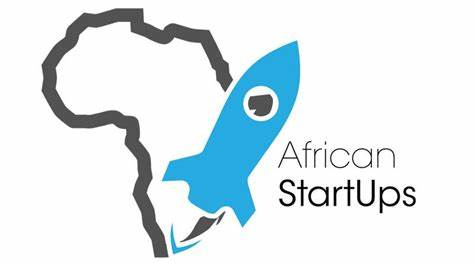
The startup ecosystem in Africa has experienced significant growth over the past decade, driven by a surge in entrepreneurial spirit, technological innovation, and investment. Governments across the continent have recognized the potential of startups to drive economic growth, create jobs, and solve societal problems. As a result, many African governments have launched initiatives to support startups, fostering a conducive environment for them to thrive.
Government Initiatives
Several African governments have implemented policies and programs to support startups. For example:
- South Africa’s Small Enterprise Finance Agency (SEFA): SEFA provides funding and business support services to small and medium-sized enterprises (SMEs), including startups.
- Nigeria’s Presidential Enabling Business Environment Council (PEBEC): PEBEC aims to improve the business environment in Nigeria by streamlining regulatory processes and reducing bureaucracy.
- Kenya’s National Government Affirmative Action Fund (NGAAF): NGAAF provides funding and mentorship to women-led startups and SMEs.
- Ghana’s National Entrepreneurship and Innovation Programme (NEIP): NEIP provides funding, training, and mentorship to startups and entrepreneurs.
- Rwanda’s Rwanda Development Board (RDB): RDB offers a range of services to support startups, including registration, licensing, and investment facilitation.
Funding Opportunities
Governments in Africa have also established funding opportunities for startups. These include:
- Grants and subsidies: Many governments offer grants and subsidies to startups, particularly in strategic sectors such as technology and agriculture.
- Venture capital funds: Some governments have established venture capital funds to invest in startups. For example, the Nigerian government has launched the Nigeria Sovereign Investment Authority’s (NSIA) Innovation Fund.
- Incubators and accelerators: Governments have also supported the establishment of incubators and accelerators, providing startups with resources, mentorship, and networking opportunities.
Challenges
Despite these initiatives, startups in Africa still face significant challenges. These include:
- Access to funding: Many startups struggle to access funding, particularly in the early stages of development.
- Regulatory frameworks: Complex and bureaucratic regulatory frameworks can hinder the growth of startups.
- Infrastructure: Poor infrastructure, such as unreliable electricity and internet connectivity, can make it difficult for startups to operate efficiently.
- Talent acquisition and retention: Startups often struggle to attract and retain skilled talent, particularly in competitive markets.
Opportunities
The startup ecosystem in Africa presents numerous opportunities for growth and innovation. These include:
- Growing demand for digital services: The increasing demand for digital services, such as e-commerce and fintech, presents opportunities for startups to develop innovative solutions.
- Expanding market: Africa’s growing population and expanding middle class present a significant market opportunity for startups.
- Innovation hubs: The establishment of innovation hubs and tech parks has created a conducive environment for startups to collaborate, innovate, and grow.
Conclusion
African governments have made significant strides in supporting startups, recognizing their potential to drive economic growth and solve societal problems. While challenges persist, the opportunities presented by the startup ecosystem in Africa are substantial. As governments continue to refine their support initiatives, startups will play an increasingly important role in shaping the continent’s economic future.
